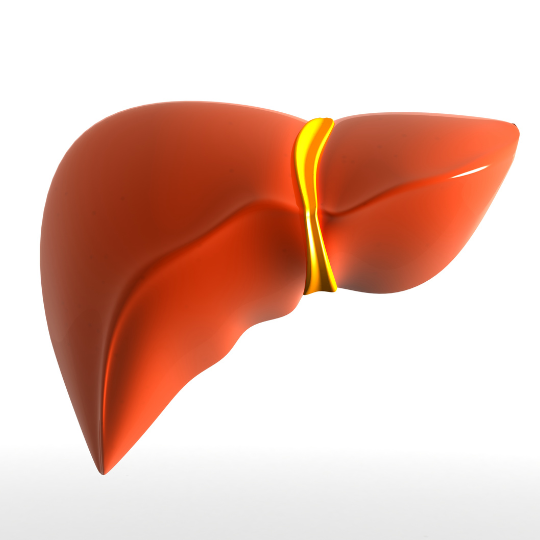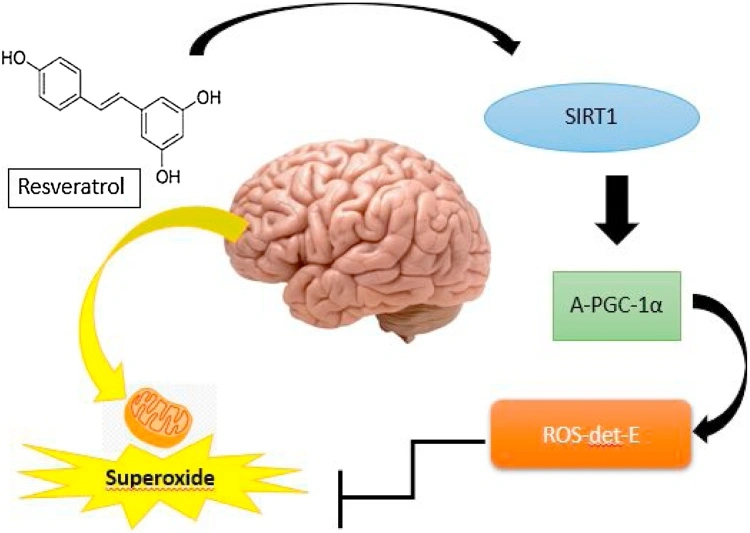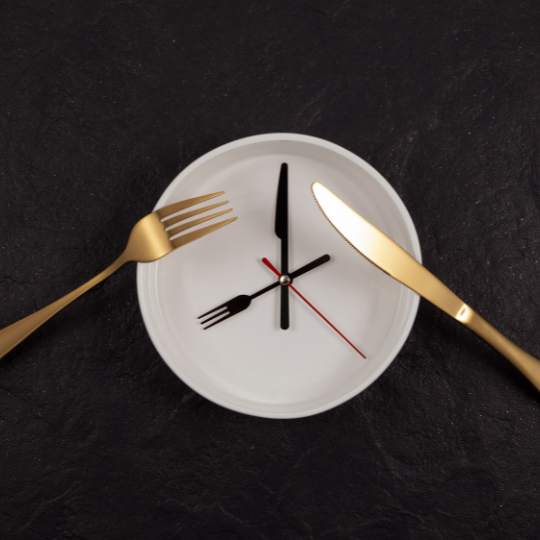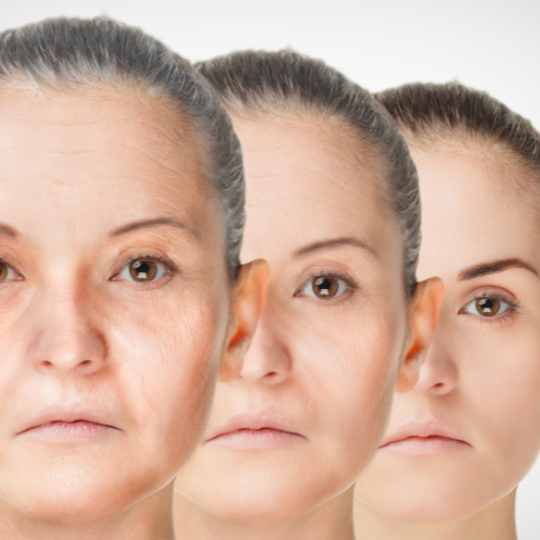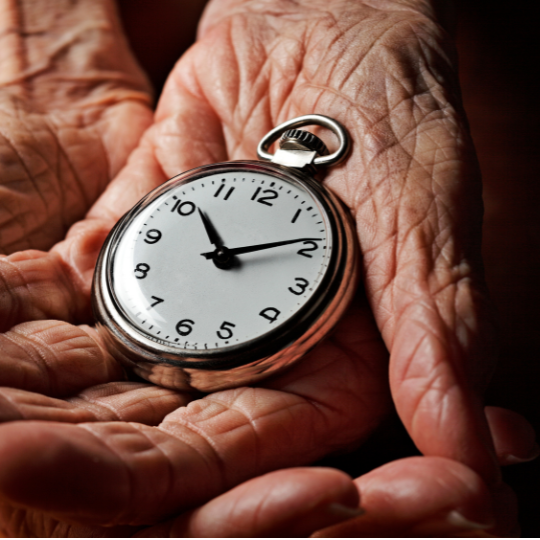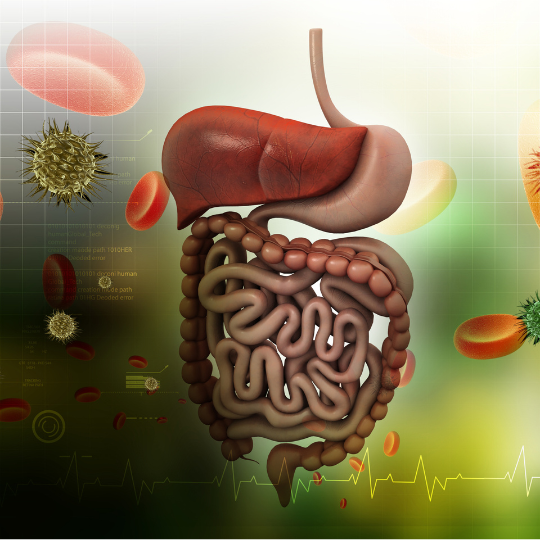What circadian rhythm is & why it is important
Circadian rhythm in a nutshell represents the internal biological clock that helps regulate the physiological and behavioral processes of living beings on a daily basis. Circadian literally means ‘around the day’, as the etymology comes from ‘circa’ and ‘dia’, which mean ‘around’ and ‘day’ in Latin. This internal clock is present in almost all living organisms, including animals, plants, and even some bacteria, and it helps to coordinate their activities with the external environment, to enhance physiological thrivingness.
An aligned circadian rhythm is important because it helps to ensure that the body is functioning optimally at the appropriate times of day. For example, it helps to regulate the sleep-wake cycle, hormone production, and metabolism. It also plays a role in coordinating various physiological processes, such as body temperature and heart rate.

In addition to daily rhythms, there is also a concept called circannual rhythm, which refers to the internal biological clock that helps regulate the physiological and behavioral processes of living beings on a yearly basis. This type of rhythm is most commonly seen in animals that migrate or have seasonal reproductive cycles or in bears that hibernate for example.
Circadian modernity: an issue
As already mentioned, the role of circadian rhythm in coordinating life on the planet is believed to be extremely important. It helps to synchronize the activities of different species and ensure that they are able to interact and coexist in an optimal way. In humans, circadian rhythm plays a significant role in coordinating various physiological and metabolic processes, such as digestion and immune function.
However, technology has the potential to disrupt and misalign the body’s internal clock. For example, unnatural exposure to light can have a detrimental effect on metabolism:
- on one hand, not getting enough of the the blue light spectrum of sunwaves light during the day can create physiologic confusion for the brain
- on the other, excessive blue light emitted by screens on electronic devices, especially after the sun has set, can suppress the production of the hormone melatonin, which is involved in regulating sleep. This can make it more difficult for people to fall asleep at night and may lead to problems with sleep quality. And most of the time, this is where issues start piling up.

And whereas light is the main trigger of circadian patterns, also known as the Zeitgeber, from the German word for ‘timer’, movement and nutrition are close second and third circadian influencing factors. There is a natural propensity to move and eat earlier during natural daylight, which is disrupted in some cases where social requirements demand that. In general, people overeat and undermove these days with the advent of an easier lifestyle, but even shifts in when these activities are done, as for example training or eating too late in the day, can negatively influence our circadian rhythm.
What about circadian genes?
There are several genetic predispositions or SNPs in key genes that can affect a person’s response to the circadian rhythm. One such SNP is the rs57875989 variant in the PER3 gene, which has been linked to a higher risk of delayed sleep phase disorder. This condition is characterized by a preference for later bedtimes and difficulty waking up in the morning.

Other relevant clock genes, as they are called, are BMAL1, CLOCK, PER1, PER2, CRY1 and CRY2. These jointly coordinate genetic expression throughout the body according to the central clock in the suprachiasmatic nucleus in the brain’s hypothalamus.
Circadian optimization
To align with circadian rhythm, it is important to get sufficient exposure to natural light during the day and to avoid exposure to blue light at night. This can be achieved by spending time outdoors during the day, keeping screens out of the bedroom, and using blue light blocking glasses or filters. Other tools that may be helpful include regulating the temperature of the bedroom, practicing relaxation techniques to reduce stress, and incorporating regular physical activity throughout the day.
In terms of nutrition, foods rich in melatonin, such as tart cherries and walnuts, may be helpful for promoting sleep. Also several science-backed supplements may be helpful for promoting sleep, such as magnesium, L-Theanine, chamomile and inositol.

But things are actually simpler than that: circadian optimization requires one to align with the environment and that can be done by following a lifestyle as close as possible to the ancestral way of being, through all the relevant factors that intermediate the way we perceive reality. Yes, you guessed it, this comes through our senses:
- light influences our sense of sight
- sound influences our sense of hearing
- breathing influences our sense of smell
- nutrition influences our sense of taste
- whereas movement and temperature influence our sense of touch and our kinaesthetics
So basically, experience life naturally and you should be fine :). And shout out if you are confused and don’t know where to begin.

